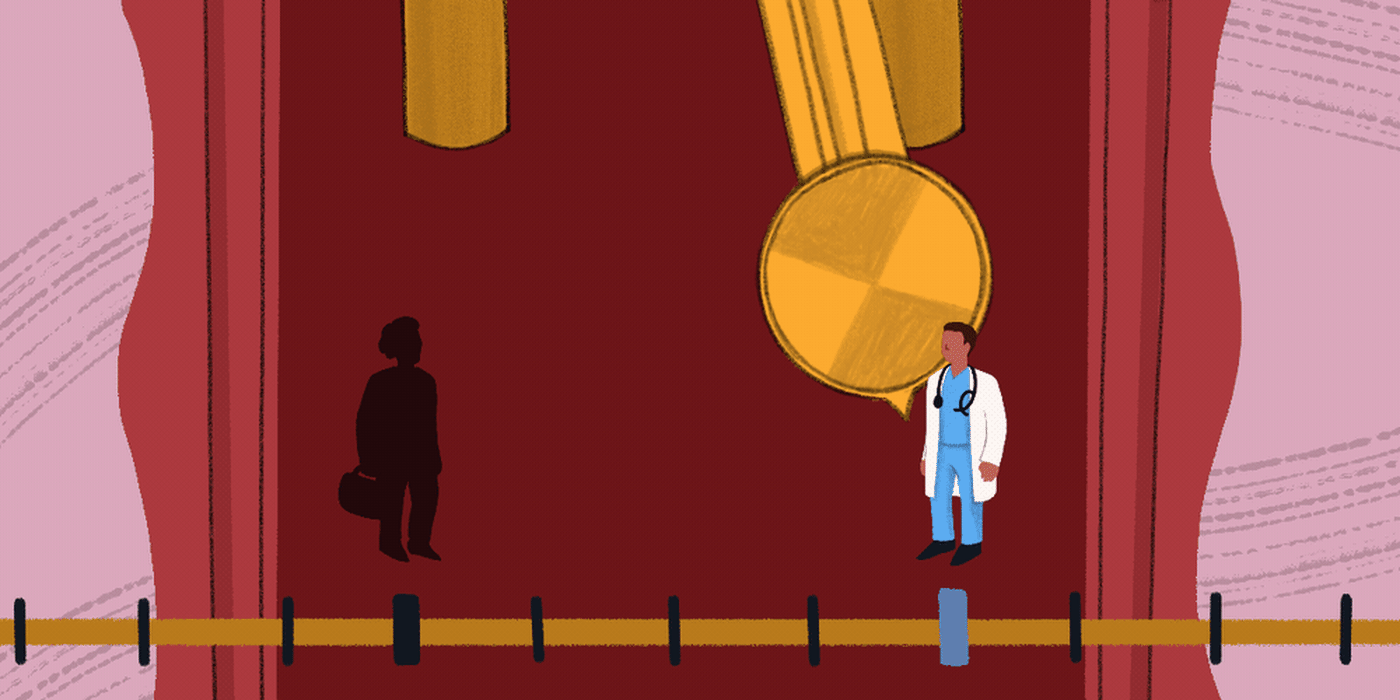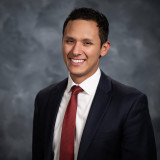We have seen our country divided on many issues lately, even decisions impacting the way we practice medicine. But if there is one thing we can all agree on, it’s this: medicine is not what it used to be. After COVID, new practical regulations, as well as new methods of vaccinations, management, and patient care were born. These changes occurred on top of physicians’ mounting debt in our pursuit of medicine; the risk of lawsuits that comes with our profession; and the increasing pressure to see more patients in fewer slot times. And yet, despite clear evidence that modern medicine has evolved, there are some physicians among us who value the way the system was instead of what it can be.
Generational Tension
Though this is not necessarily the case on an individual basis, I have found that on a group level the older generation tends to believe that old-school methods — like 100-plus hour week schedules and 24 or 36-hour call shifts — make the best physicians. The newer generation, on the other hand, sees such methods as untenable and detrimental. These diverging responses, maybe based on different realities of medicine, have created a dissonance and distance even among our own people.
In this puddle of conversation, I found myself mired in a debate among the generations. “If you can’t accept the terms, do something else,” a physician said in response to an article I wrote about the inequities faced by residents. His colleague added, “‘Old' doctors were willing to work hard to make a good living, so should young physicians.” These older physicians advocate for longer, rather than shorter hours, believing that the workload and work hours lead to mastery. If so, is there a point where the curve flattens? As one physician puts it, “I knew I would finish even if it killed me. Every day brought me closer to my goal.” Are they onto something that maybe our newer generation is unwilling to listen to? Does working more produce more knowledge and expertise — or does it only produce stress and cognitive fatigue after a certain point?
Medicine is Less Desirable
I believe the generational tension comes down to a shift in how today’s physicians and trainees view medicine. Given the above pressures and struggles, it seems that they are more inclined to think of medicine as part of their life and not, as in the old days, their entire life.
Case in point: A friend going into residency asked me, “Ricky, why would I risk my own health for the sake of the health care system? It seems to be a one way street to me. I am overworked and under-appreciated.” My friend’s fervor was still present in the room, and she wanted to soak all the medicine in. She enjoys the art of medicine, but it is the old-school infrastructure present in some areas of her medical journey that prevents her from achieving her full potential.
If you love what you do, you’ll never work a day in your life. This quote rings true, but when your work impacts your bottom line and your mental health, you begin to question its actual value.
It is true — there are growing pains to becoming a skillful sailor. If you are the only sailor out in the sea, you must know how to navigate the waters. You have to know what to do, how to do it, and why you are doing it. I do not think that has left the mindset of the medical young folks like us. But how can we tell our patients to take care of themselves when we don’t even do that for ourselves because we have many more patients waiting for us, we have to write notes during lunch hour, and we have to respond to our InBasket until it’s empty, all while attempting to keep our mental health in check? It’s as if time doesn’t apply to us at times. Did we skip a chapter in medical school about physician wellness?
Though the older generation seems to view the younger generation as entitled, less invested in medicine, and more invested in self-gain, what they may be failing to take into account is that for this new generation, the sacrifice — devotion to medicine above all else — has been reexamined. The new generation is grateful, and to be in medicine is a dream for many. But I have seen more and more people willing to fight for the basics while training, and even after that. We are people who want to give, but if we don’t feel valued, how can you expect us to continue?
As much as some physicians may dislike the thought, medicine has lost a lot of what made it desirable. Medicine has shifted its focus from patient care — the juxtaposition of patient-physician relationship and proper care, diagnosis, and treatment — to financial metrics and quotas. Today's medical landscape chooses monetary gains over altruistic benevolence. As a result, physicians have gotten derailed in the jungle of bureaucracy, treated less like an asset and more like a temporary solution. These days, if we do not hit the right metrics, we run the risk of being let go; if we can’t save the company money, someone else will; if we are not smart, we might get low reimbursements. Our stress isn’t just coming from our own financial pocket; it’s coming from our work as well. In the balance sheet, we are units of labor.
Add to that, medicine is not a cheap profession. While it welcomes the brightest and most talented, financially it’s an expensive profession to get into. Medical school tuition is high and residency salaries barely keep you afloat. Fill in the gaps and you also forget that you had a young adulthood, since you spent a good portion of that time studying and working. Who wants to be in debt by their early 30s and work long hours only to stay out of bankruptcy? These things are hard for anyone, and more of us in the profession are facing them nowadays because we have no choice. How can we, when our lives and years have been dedicated to this profession, and changing to another one and starting from zero is not ideal.
Advocating for a Better Future
As a result of these various challenges, there has been an uptick in residents advocating for their future and looking out for their own. These rising ‘units of labor’ know that the profession of medicine calls for delayed gratification, but they also realize that respect and humaneness should be there, and that the current paradigm is one of physician mistreatment. For them, disgruntlement is about seeking fair treatment in the medical community even beyond residency graduation. It is not about weakness or entitlement. These young clinicians see that life is a balance of not only being a lifelong learner, working in their craft and fulfilling their purpose, but also enjoying the fruits of their labor and spending time with loved ones. Put another way, they are cognizant of the fact that medicine these days is often more than the art of healing, and they are responding accordingly.
The incoming generation of physicians seems to be more opposed to the idea that “just because things used to be this way, they should continue to be.” Many are advocating for stronger salaries; a safe working environment; some for better access to child care, and others for better call rooms. As the author Richelle Goodrich says, “There is strength in numbers, yes, but even more so in collective good will.” And this good will is more about fairness than special privileges for us in medicine; it’s about community, connection, and valuing our profession and what we bring to society.
What does a better medical future look like? Share your vision in the comments.
Dr. Ricardo Chujutalli is a family medicine resident in Orlando, FL. He received his masters in business administration from La Sierra University and masters in bioethics from Loma Linda University. He is the co-founder of inCLINICALS, a platform where health care students rate and review their preceptors. Dr. Chujutalli is a 2022–2023 Doximity Op-Med Fellow. The views in this article do not reflect the institution he works for and are are his own.
Animation by Diana Connolly





